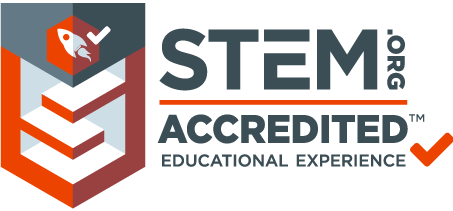PRACTICAL LEARNING & KNOWLEDGE
“The Power of the ideal is in the Practical” – SWAMY VIVEKANANDHA
What is Learning?
The concept of Learning is an active process of appropriation of knowledge, abilities and skills in order to enhance the personal potential or competence in any situation. It involves acquisition of knowledge, habits, performance, refinement or reinforcement of existing ones.
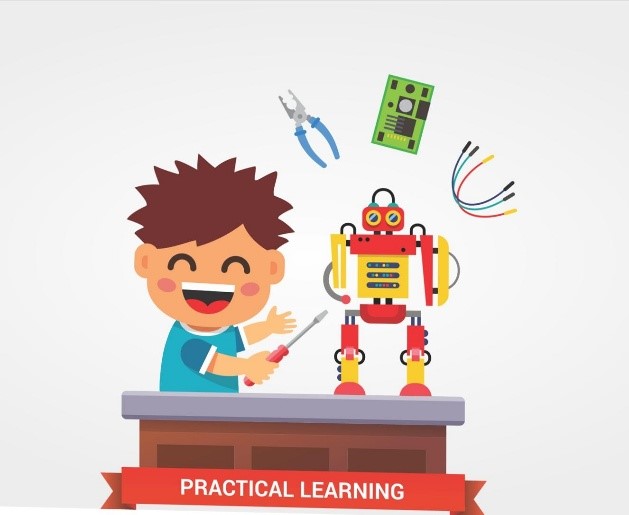
*Practical Learning and Theoretical Learning*
Learning is the acquisition of knowledge or skills through study, experience, or being taught a particular topic or subject.
There is an understanding – Theoretical knowledge and practical knowledge are necessary to be an expert
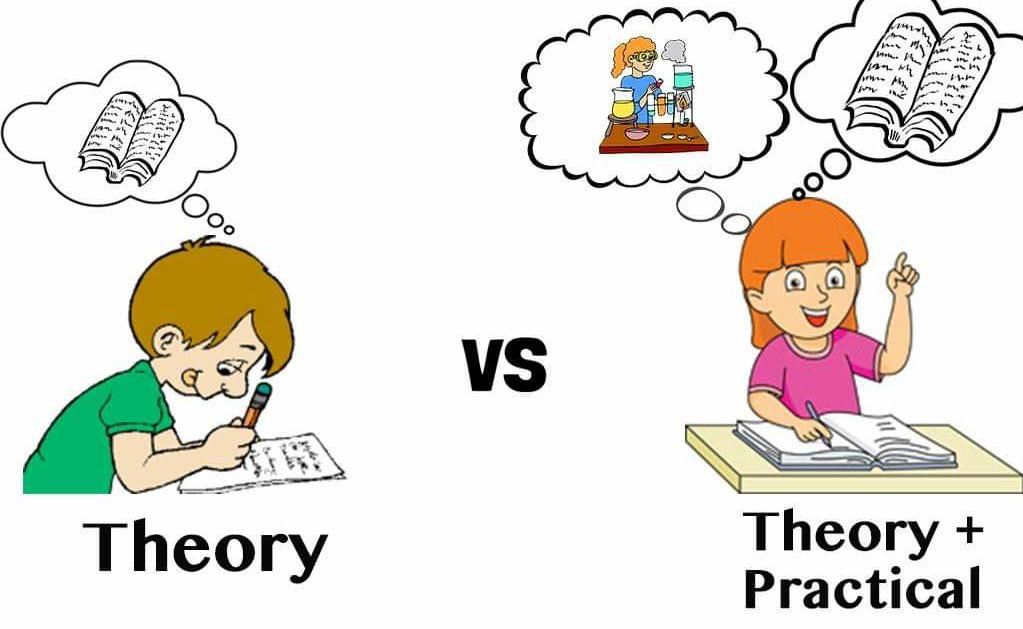
Theoretical learning may give you Theoretical Understanding and clarity about the topic taken wherein it teaches the reasoning, techniques and theory of knowledge. But on the other Hand “Knowing-How” is better than just knowing where we can understand how things progress one after the other. Practical Learning is achieved through doing things and is based on real-life undertakings and tasks. If we take cooking as an example, instead of learning about cooking through books and blogs, actually put your culinary skills to the test and cook a dish.
*Merits of Practical Learning*
Practical Learning is a skill which will never be forgotten. Once you know what to do it is easier to remember the process.
*Importance of Practical Learning *
For every individual to sustain or lead his/her life it is important that he/she has sufficient knowledge in at least one of the fields. Knowledge is something very important in the life of students. Gaining theoretical knowledge by learning is very important but without practical understanding there is no use of it. It helps them to approach their life with thorough comprehension in any situation. So learn concepts practically and stimulate the mind.
*Result of Practical Learning *
Practical learning is the best way of learning because it synchronizes your thought and action, and produces the best result as an output of your efforts.
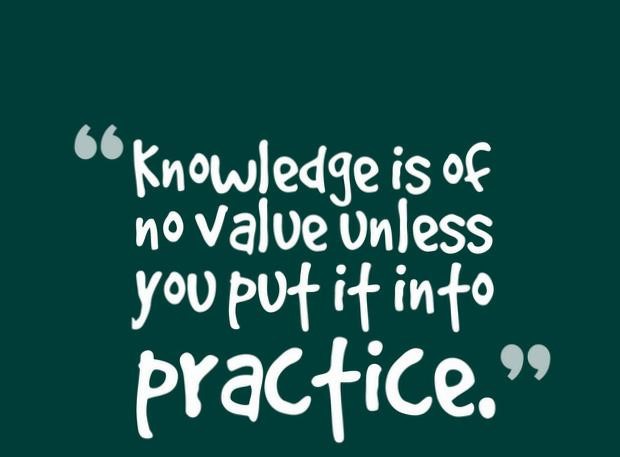
Effects Of Mini Science Centre On Teachers & Students
What Is Teaching?
Teaching is the process of sharing information, knowledge, ideas, and beliefs with others. The words ‘Teacher ‘ and ‘Teaching‘ are interconnected with the words ‘Schools’ and ‘Students‘.
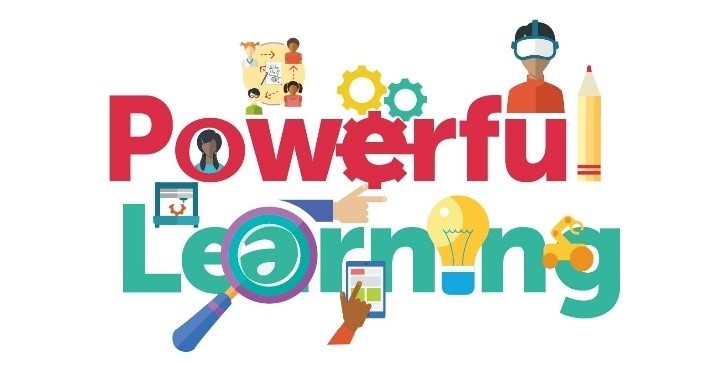
*Education Boards And Teaching Methods*
Since Schools need to focus on academics and complete the syllabus laid down by the education board, most of the teachers are rushing to complete the portion before time. This automatically gets the teachers to focus on meeting the target of syllabus completion so that the students get time to score exceptionally well in exams.
If the goal is for the student to get an in-depth education, does this process make any sense at all?
*Mini Science Centre*
From the name “Mini Science Centre” (MSC) we comprehend that it is a science centre where students can handle the exhibits, and enjoy while learning science and maths concepts easily and gain practical knowledge. All the MSC exhibits are Plug and Play, table top and non-hazardous models.
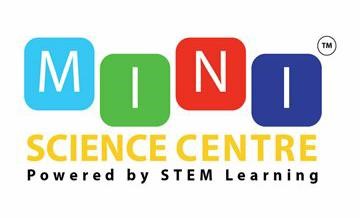
*Impact Of MSC Models In Teaching Methodology *
Since MSC Models are hands on table top models, teachers can easily carry them to the classroom and teach the relevant concepts that they want to teach. For example, if an 8th standard science teacher wants to teach about the “Magnetism,” he/she can carry the MSC models related to Magnetism namely Floating Magnets, Magnetic Field Tube, Fun With Magnets, Simple Motor and few more to the classroom and teach the concepts with the help of those models.
With the help of MSC models teachers’ teaching approach is transformed from textual and theoretical to practical and conceptual.
Teaching time is also reduced when MSC models are used. Since students can visualize the concepts, they can grasp it immediately. This will help teachers to reduce the repetition in teaching thus teaching time is reduced.
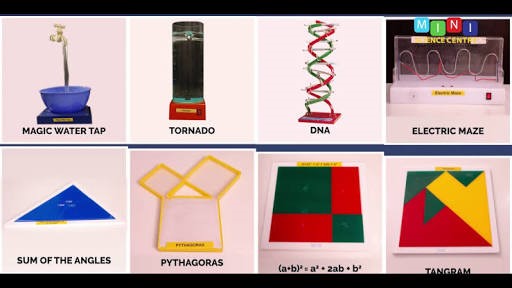
*Role Of MSC Models In Students’ Life*
If the students handle the MSC exhibits on their own and learn the concept practically they will remember it as they’ve grasped the concept.
This also enhances the innovation of students as they apply the learnt concepts and create their own models.

About Author: Thinesh Siva has a total work experience of 1.2 years in STEM Learning Pvt. Ltd. as a Program Implementation Associate.
